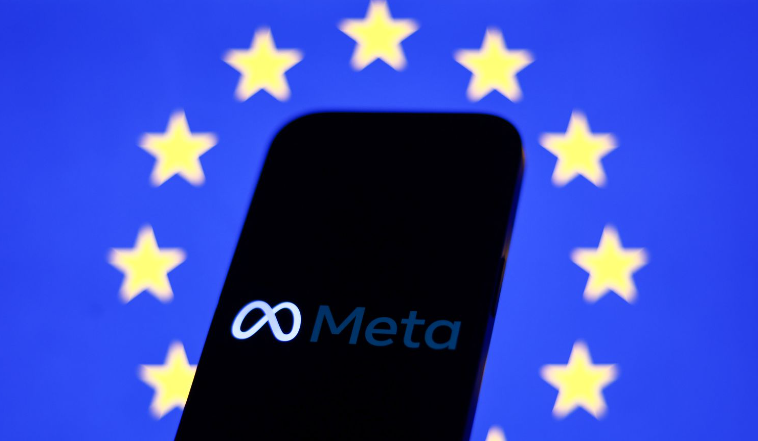Details of the Violation:
The issue centers around Meta’s bundling of Facebook Marketplace with its main Facebook social networking service, which effectively forced Marketplace’s presence onto Facebook users, giving it an advantage over other classified ad platforms. According to the European Commission, this integration created an environment where users were nudged toward Marketplace, hindering smaller competitors’ ability to reach Facebook’s extensive user base. The EU declared that Meta’s actions restricted competition, which is a violation under EU antitrust rules.
The issue centers around Meta’s bundling of Facebook Marketplace with its main Facebook social networking service, which effectively forced Marketplace’s presence onto Facebook users, giving it an advantage over other classified ad platforms. According to the European Commission, this integration created an environment where users were nudged toward Marketplace, hindering smaller competitors’ ability to reach Facebook’s extensive user base. The EU declared that Meta’s actions restricted competition, which is a violation under EU antitrust rules.
This ruling sends a strong signal that the EU is serious about ensuring fair competition in the digital marketplace. In its official statement, the Commission emphasized that companies with dominant positions must refrain from practices that might stifle innovation or limit consumer choice. The investigation highlighted how Meta’s actions left competitors struggling to compete on a level playing field.
Meta’s Response and Ongoing Legal Battle:
Meta has announced that it plans to appeal the decision, asserting that the EU’s findings do not fully consider the benefits that integration brings to users, especially in terms of convenience and accessibility. However, Meta also stated it would comply with the ruling in the interim. This response is in line with Meta’s recent legal strategy, balancing regulatory challenges while continuing to operate in the European market.
Meta has announced that it plans to appeal the decision, asserting that the EU’s findings do not fully consider the benefits that integration brings to users, especially in terms of convenience and accessibility. However, Meta also stated it would comply with the ruling in the interim. This response is in line with Meta’s recent legal strategy, balancing regulatory challenges while continuing to operate in the European market.
The appeal process could extend over months, if not years, as Meta seeks to overturn the fine or reduce its amount. Meanwhile, the fine represents one of the largest penalties issued under EU antitrust regulations, underscoring the Commission’s increasing scrutiny over Big Tech companies and its determination to maintain competitive markets across the EU.
Wider Context of Regulatory Scrutiny on Big Tech:
This action against Meta is not an isolated incident. The European Union has been particularly vigilant in enforcing regulations on tech giants, including Alphabet, Amazon, and Apple, as it seeks to curtail monopolistic practices in the tech industry. These efforts reflect a larger global trend, with U.S. regulators and other governments increasing their scrutiny of major tech firms for similar reasons.
This action against Meta is not an isolated incident. The European Union has been particularly vigilant in enforcing regulations on tech giants, including Alphabet, Amazon, and Apple, as it seeks to curtail monopolistic practices in the tech industry. These efforts reflect a larger global trend, with U.S. regulators and other governments increasing their scrutiny of major tech firms for similar reasons.
The EU's Digital Markets Act, which came into effect in 2023, is designed to prevent precisely these kinds of monopolistic practices by setting stricter boundaries for how dominant digital platforms can operate in Europe. Meta’s penalty could be one of many as the EU aims to prevent digital giants from stifling smaller companies and innovation through anti-competitive practices.
 News
News
 Games
Games
 Software
Software
 Music
Music
 Technology
Technology
 Hardware
Hardware
 eSports
eSports
 AI-Artificial Intelligence
AI-Artificial Intelligence
 Internet
Internet
